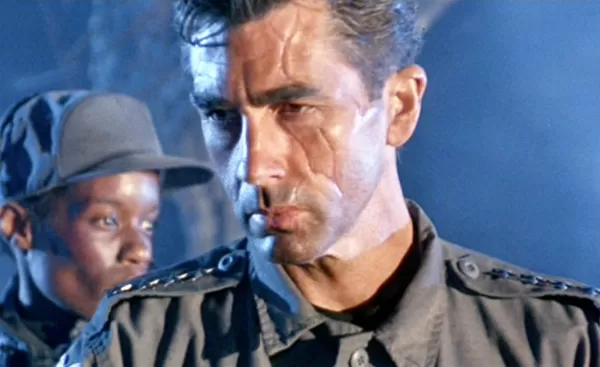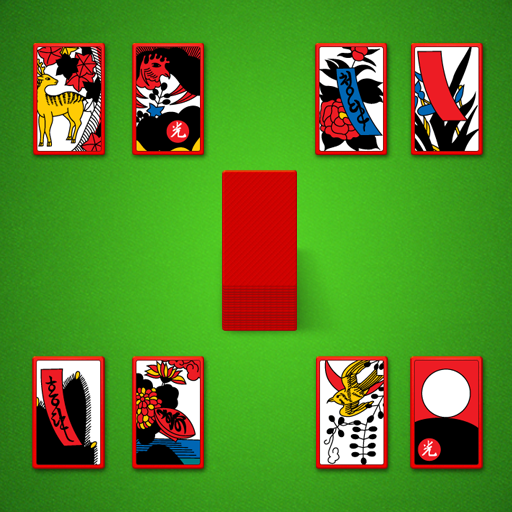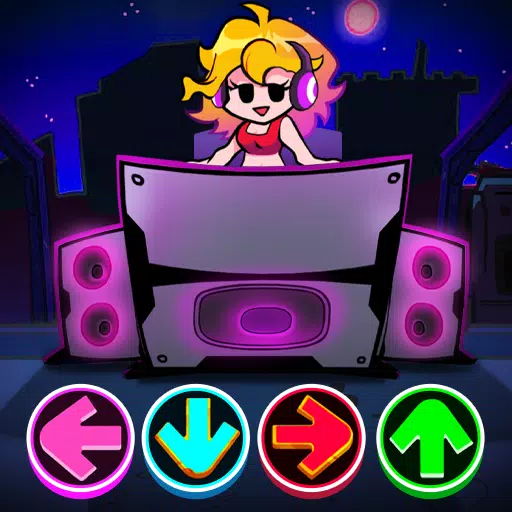The Persona series, initially a spin-off of the Shin Megami Tensei franchise, has evolved into a powerhouse of modern RPGs, captivating fans across the globe with its engaging narratives and unique gameplay. With a wide array of sequels, remakes, and multimedia adaptations, including anime and stage plays, Persona has firmly established itself as a multimedia phenomenon with no signs of slowing down.
The latest installment, Persona 3 Reload, is now available on PlayStation 5, Xbox Series X, and PC, sparking interest among new players eager to dive into this beloved series. To help newcomers and seasoned fans alike, we've compiled a comprehensive guide to every Persona game and spin-off, offering insights into the best starting points, chronological order, and release sequence of the series.
Jump to:
- How to play in order
- How to play by release date
- Upcoming releases
How Many Persona Games Are There?
In total, there are currently twenty Persona games. These include expanded versions of the mainline entries, such as re-releases with new story content or remakes. While we exclude direct ports or remasters, we'll highlight every alternate version of each game in our listings.
Which Persona Game Should You Play First?
If you're new to the series, starting with Persona 3 Reload, Persona 4 Golden, or Persona 5 Royal is a fantastic choice. These are the latest iterations of the third, fourth, and fifth mainline entries, respectively, available on PC and major consoles, except for Persona 3 Reload, which isn't on Nintendo Switch.
Newcomers can jump into any of these titles without missing out on the overarching narrative, as each game offers a standalone story with new characters. To help you decide, take a look at gameplay videos and explore the social links in each game to see which one resonates with you the most.

Persona 3 Reload
54 Available on PS5, PS4, and Xbox Series X. See it at Amazon

Persona 4 Golden
42 Available on PC, Xbox, PS5, and Nintendo Switch See it at Nintendo

Persona 5 Royal
103 Available on PC, Xbox, PS5, and Nintendo Switch See it at Amazon
Every Persona Game and Spin-Off in Chronological Order
These blurbs contain mild spoilers for each game, including characters, settings, and story beats.
1. Revelations: Persona (1996)
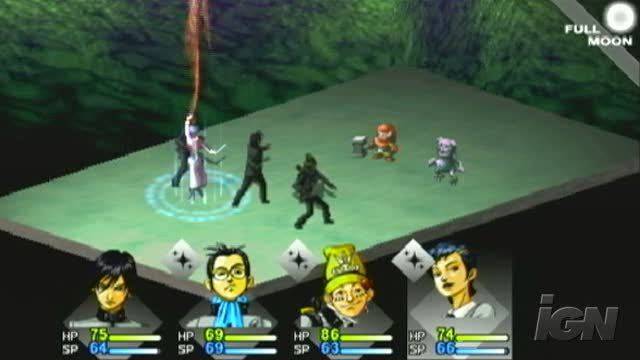 The inaugural entry in the series, Revelations: Persona, was Atlus' response to the acclaim of Shin Megami Tensei: If… Following a group of high schoolers combating a supernatural uprising in Mikage-cho, this game introduced core elements like Personas in combat, the Velvet Room, and a teenage cast, setting the foundation for the franchise.
The inaugural entry in the series, Revelations: Persona, was Atlus' response to the acclaim of Shin Megami Tensei: If… Following a group of high schoolers combating a supernatural uprising in Mikage-cho, this game introduced core elements like Personas in combat, the Velvet Room, and a teenage cast, setting the foundation for the franchise.
2. Persona 2: Innocent Sin (1999)
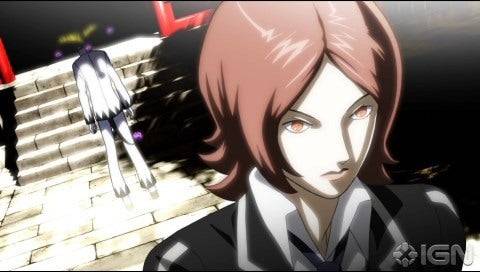 The second installment, Persona 2: Innocent Sin, launched in 1999, following a new group of high school students led by Tatsuya Suou. They embark on a quest to thwart a mysterious villain, Joker, and his cult, the Masked Circle, in the town of Sumaru, where rumors come to life. This game received a direct sequel the following year, Persona 2: Eternal Punishment.
The second installment, Persona 2: Innocent Sin, launched in 1999, following a new group of high school students led by Tatsuya Suou. They embark on a quest to thwart a mysterious villain, Joker, and his cult, the Masked Circle, in the town of Sumaru, where rumors come to life. This game received a direct sequel the following year, Persona 2: Eternal Punishment.
Read our review of Persona 2: Innocent Sin.
3. Persona 2: Eternal Punishment (2000)
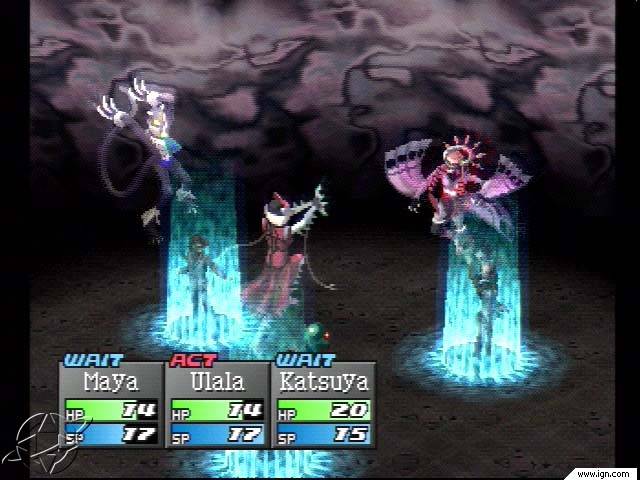 Continuing the story from Innocent Sin, Eternal Punishment shifted the protagonist role to Maya Amano. Tasked with investigating a new rumor about the Joker Curse, Maya and her allies confront a returning enemy, maintaining the series' signature turn-based, dungeon-crawling gameplay.
Continuing the story from Innocent Sin, Eternal Punishment shifted the protagonist role to Maya Amano. Tasked with investigating a new rumor about the Joker Curse, Maya and her allies confront a returning enemy, maintaining the series' signature turn-based, dungeon-crawling gameplay.
Read our review of Persona 2: Eternal Punishment.
4. Persona 3 (2006) / Persona 3 FES (2007) / Persona 3 Portable (2009) / Persona 3 Reload (2024)
 Persona 3 marked a significant evolution in the series, introducing a daily calendar system that balanced school life and social interactions with supernatural battles in Tartarus. The story follows Makoto Yuki, who navigates the Dark Hour and a demonic tower to unravel a sinister plot. This game introduced social links and other mechanics that have become staples of the franchise.
Persona 3 marked a significant evolution in the series, introducing a daily calendar system that balanced school life and social interactions with supernatural battles in Tartarus. The story follows Makoto Yuki, who navigates the Dark Hour and a demonic tower to unravel a sinister plot. This game introduced social links and other mechanics that have become staples of the franchise.
Read our review of Persona 3 Reload.
Alternate Versions of Persona 3:
Persona 3 has been re-released multiple times. Persona 3 FES expanded the game with The Answer and an alternate female protagonist campaign. Persona 3 Portable offered a handheld version with the female route but omitted The Answer. Persona 3 Reload is a full remake for modern consoles, excluding The Answer and the female protagonist route.
5. Persona 3: Dancing in Moonlight (2018)
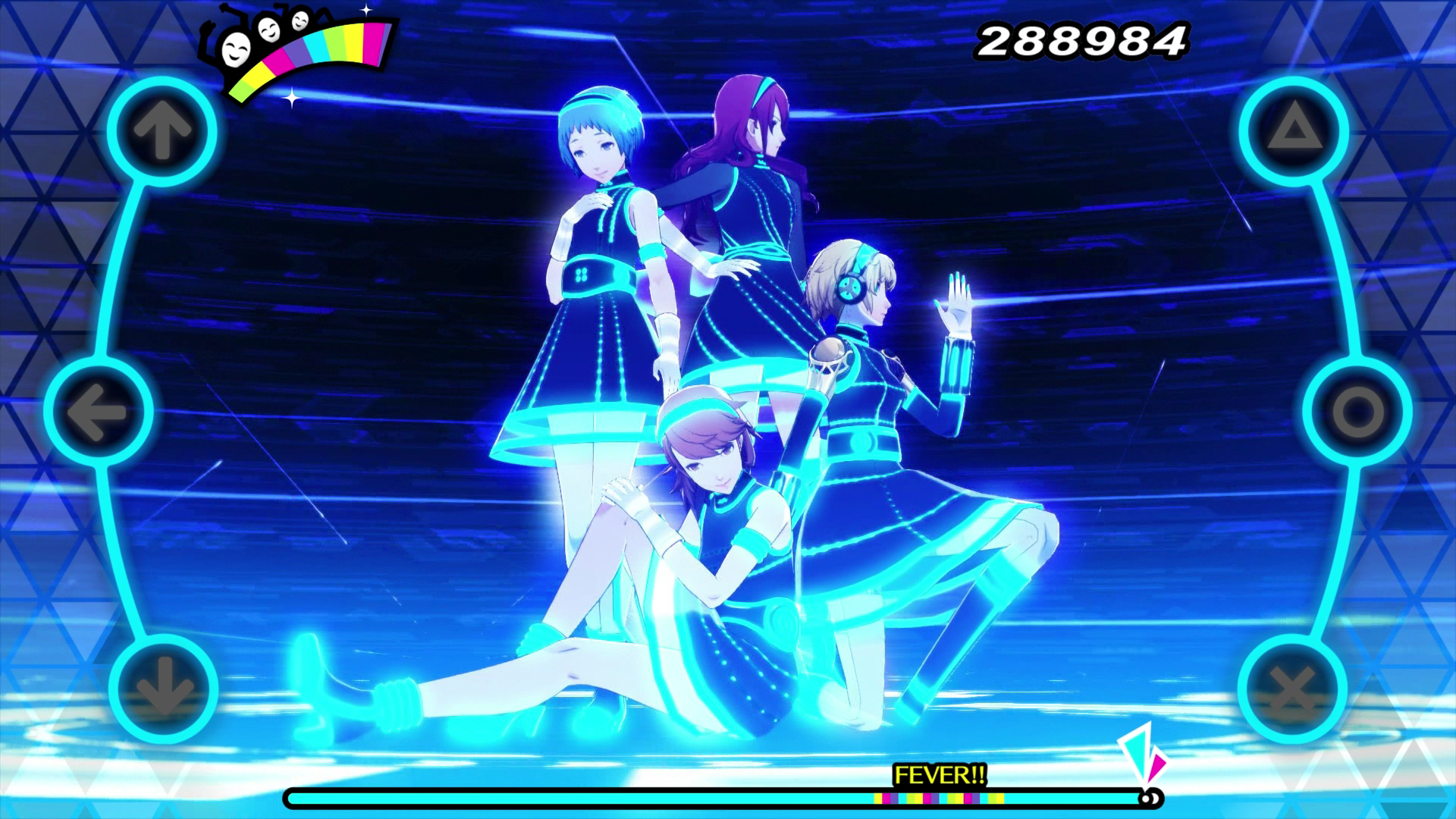 A rhythm-based dancing spin-off set during the main campaign, Persona 3: Dancing in Moonlight features Elizabeth challenging the S.E.E.S team to a dance-off in the Velvet Room. The events occur in a dream but are canon, showcasing the team's dance routines to iconic Persona 3 tracks.
A rhythm-based dancing spin-off set during the main campaign, Persona 3: Dancing in Moonlight features Elizabeth challenging the S.E.E.S team to a dance-off in the Velvet Room. The events occur in a dream but are canon, showcasing the team's dance routines to iconic Persona 3 tracks.
6. Persona 4 (2008) / Persona 4 Golden (2012)
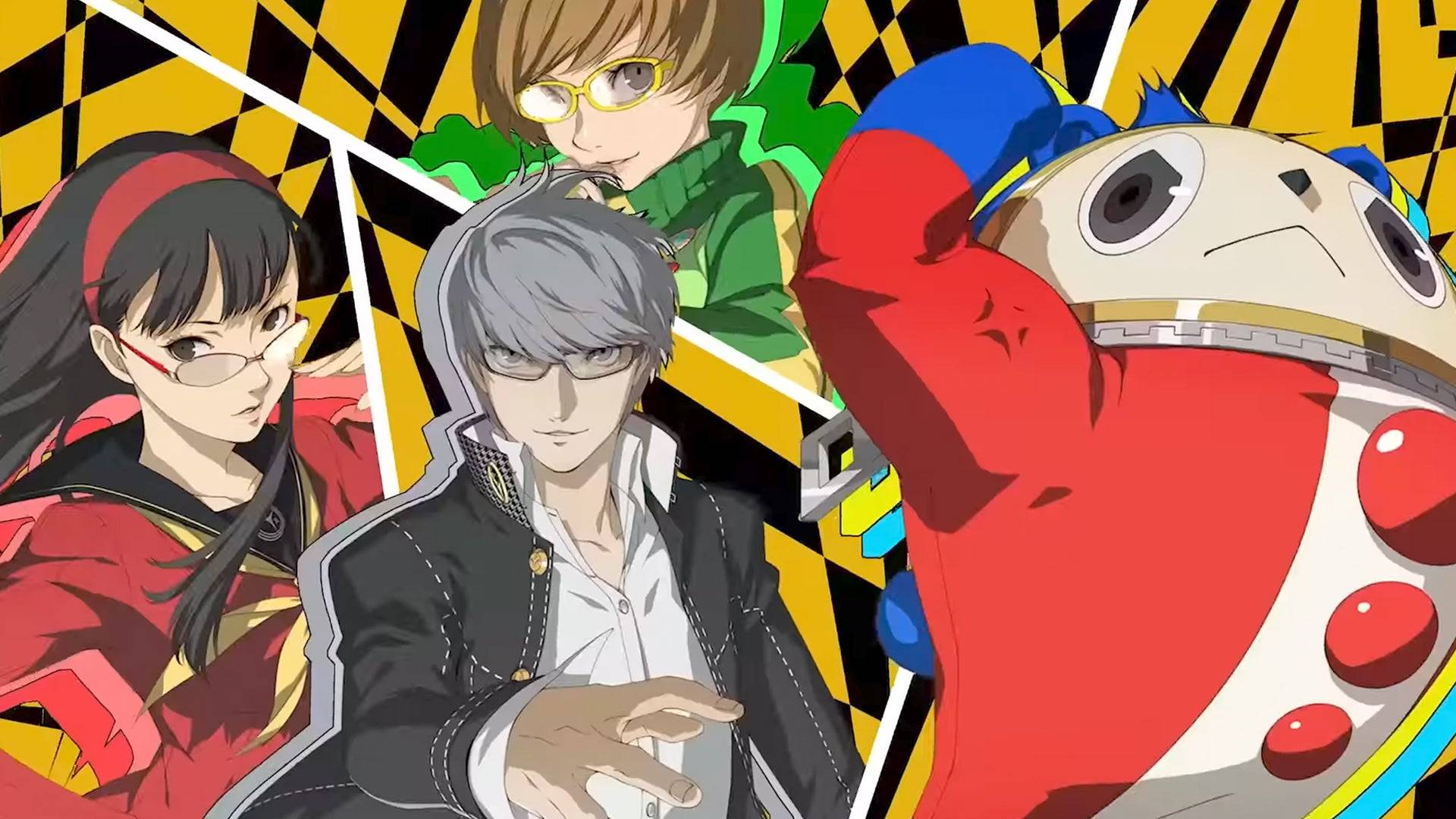 Set in the rural town of Inaba, Persona 4 follows Yu Narukami, who moves to live with his uncle and cousin. As violent murders plague the town, Yu and his friends uncover their connection to a mysterious realm accessible through TV monitors. Building on Persona 3's mechanics, the game blends social links, school life, and dungeon exploration.
Set in the rural town of Inaba, Persona 4 follows Yu Narukami, who moves to live with his uncle and cousin. As violent murders plague the town, Yu and his friends uncover their connection to a mysterious realm accessible through TV monitors. Building on Persona 3's mechanics, the game blends social links, school life, and dungeon exploration.
Read our review of Persona 4 Golden.
Alternate Versions of Persona 4:
Persona 4 Golden, released in 2012, added new story content and an additional dungeon, widely regarded as the definitive version of the game.
7. Persona Q: Shadow of the Labyrinth (2014)
 A crossover between Persona 3 and 4, Persona Q: Shadow of the Labyrinth occurs simultaneously during both games' storylines. Trapped in a warped version of Yasogami High School, the S.E.E.S team and the Investigation Squad unite to escape, delving into a labyrinth and revisiting the series' dungeon-crawler roots.
A crossover between Persona 3 and 4, Persona Q: Shadow of the Labyrinth occurs simultaneously during both games' storylines. Trapped in a warped version of Yasogami High School, the S.E.E.S team and the Investigation Squad unite to escape, delving into a labyrinth and revisiting the series' dungeon-crawler roots.
Read our review of Persona Q: Shadow of the Labyrinth.
8. Persona 4 Arena (2012)
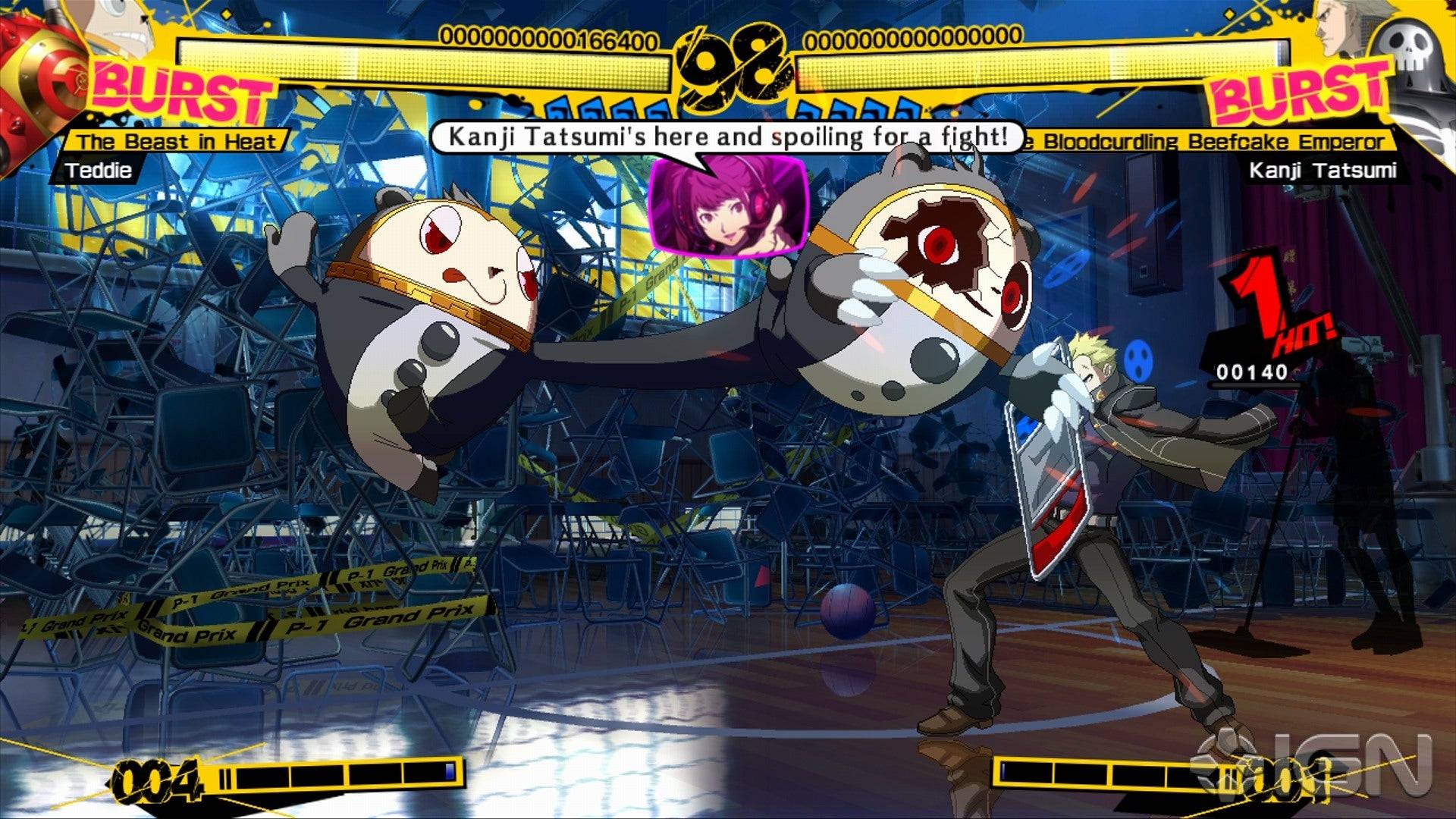 A continuation of both Persona 3 and 4, Persona 4 Arena introduces a fighting game set in the TV world. Yu Narukami returns to Inaba for a mysterious tournament, battling allies and the Shadow Operatives from Persona 3.
A continuation of both Persona 3 and 4, Persona 4 Arena introduces a fighting game set in the TV world. Yu Narukami returns to Inaba for a mysterious tournament, battling allies and the Shadow Operatives from Persona 3.
Read our review of Persona 4 Arena.
9. Persona 4 Arena Ultimax (2013)
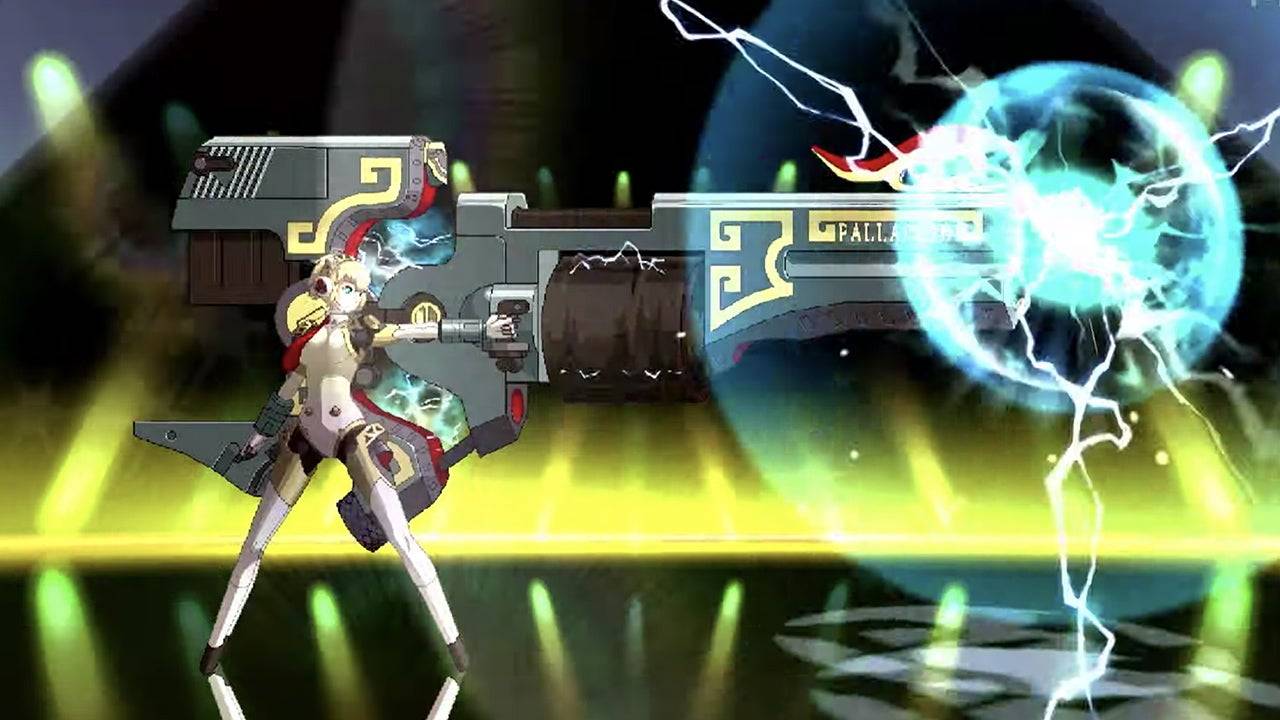 Following the events of Persona 4 Arena, Ultimax expands the roster and continues the story, with the Persona 4 squad and the Shadow Operatives teaming up to combat the forces behind the tournament.
Following the events of Persona 4 Arena, Ultimax expands the roster and continues the story, with the Persona 4 squad and the Shadow Operatives teaming up to combat the forces behind the tournament.
Read our review of Persona 4 Arena Ultimax.
10. Persona 4: Dancing All Night (2015)
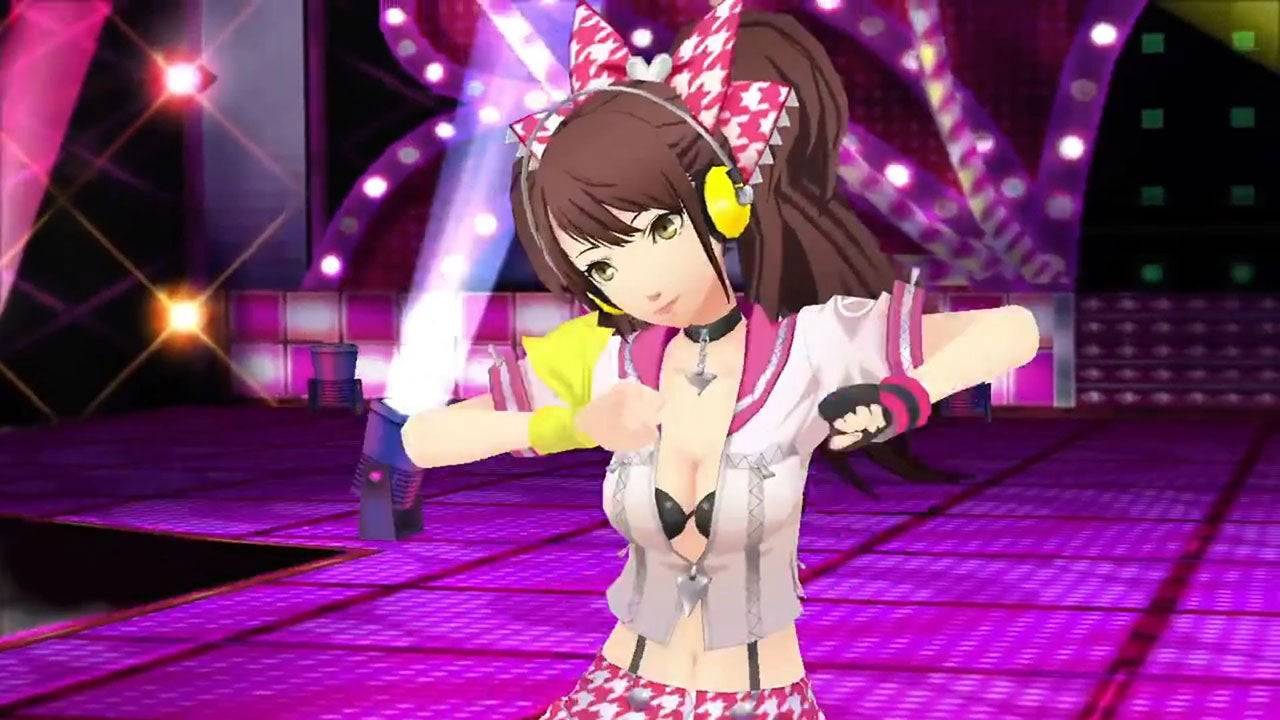 A rhythm-based dancing game, Persona 4: Dancing All Night follows the Investigation Squad in a canon continuation of the storyline, as they navigate the Midnight Stage.
A rhythm-based dancing game, Persona 4: Dancing All Night follows the Investigation Squad in a canon continuation of the storyline, as they navigate the Midnight Stage.
Read our review of Persona 4: Dancing All Night.
11. Persona 5 (2016) / Persona 5 Royal (2019)
 Set in Tokyo, Persona 5 follows Joker, a high schooler on probation, and his friends as they discover an alternate dimension and become the Phantom Thieves, altering the hearts of wrongdoers. The game introduced new dungeon systems and became Atlus' best-selling title, significantly boosting the franchise's popularity.
Set in Tokyo, Persona 5 follows Joker, a high schooler on probation, and his friends as they discover an alternate dimension and become the Phantom Thieves, altering the hearts of wrongdoers. The game introduced new dungeon systems and became Atlus' best-selling title, significantly boosting the franchise's popularity.
Read our review of Persona 5 Royal.
Alternate Versions of Persona 5:
Persona 5 Royal expanded the original game with new content, including a new companion, dungeon, and an additional semester, making it the ultimate version.
12. Persona Q2: New Cinema Labyrinth (2018)
 A sequel to Persona Q, New Cinema Labyrinth features a crossover of characters from Persona 3, 4, and 5. Trapped in a movie theater, the groups explore different movie worlds to escape, blending their timelines in a first-person dungeon-crawler experience.
A sequel to Persona Q, New Cinema Labyrinth features a crossover of characters from Persona 3, 4, and 5. Trapped in a movie theater, the groups explore different movie worlds to escape, blending their timelines in a first-person dungeon-crawler experience.
13. Persona 5 Tactica (2023)
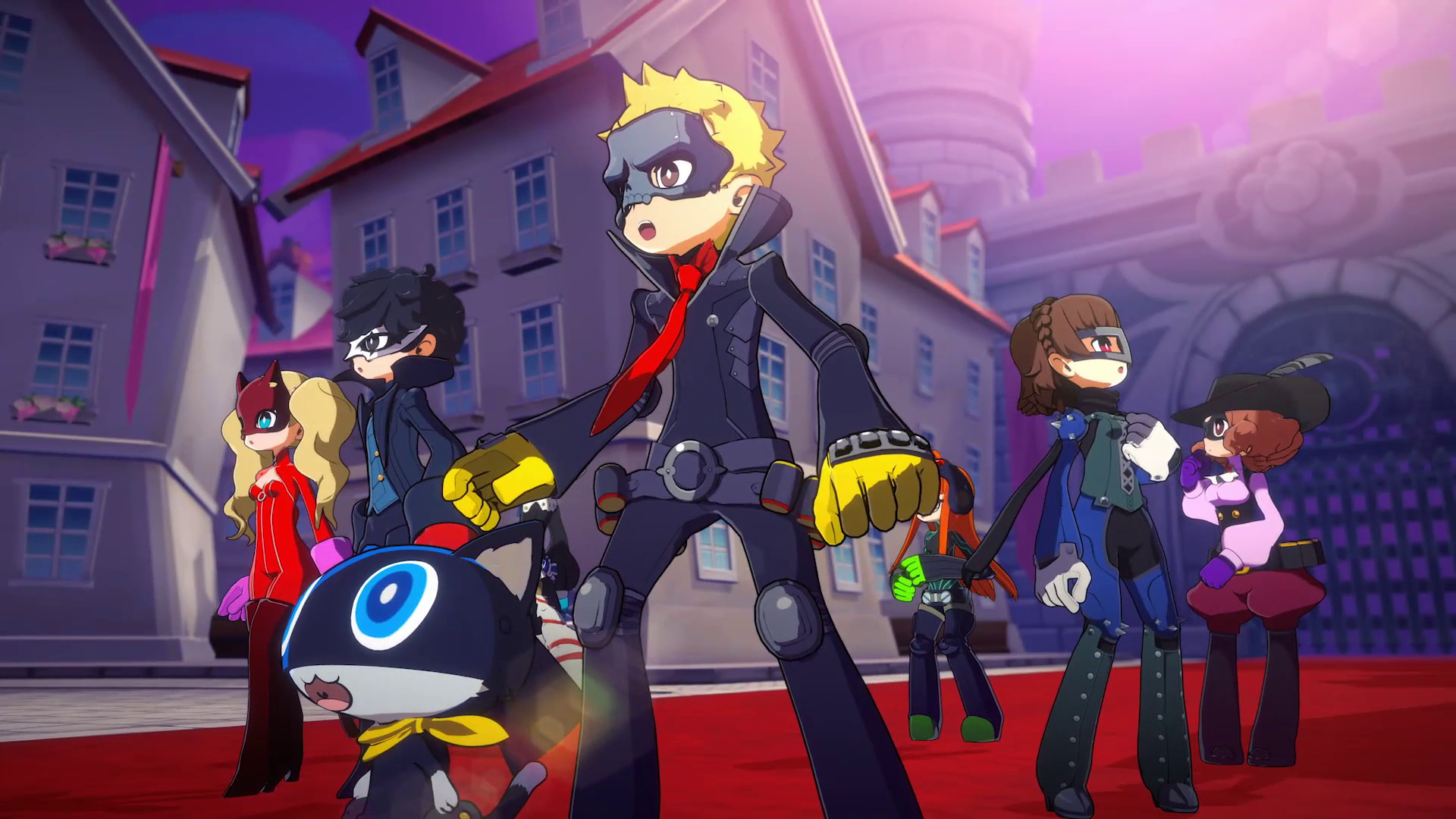 Set during the events of Persona 5, Persona 5 Tactica is a strategy-focused spin-off where the Phantom Thieves navigate the Kingdoms, an alternate realm, to save their brainwashed allies and return home.
Set during the events of Persona 5, Persona 5 Tactica is a strategy-focused spin-off where the Phantom Thieves navigate the Kingdoms, an alternate realm, to save their brainwashed allies and return home.
Read our review of Persona 5 Tactica.
14. Persona 5: Dancing in Starlight (2018)
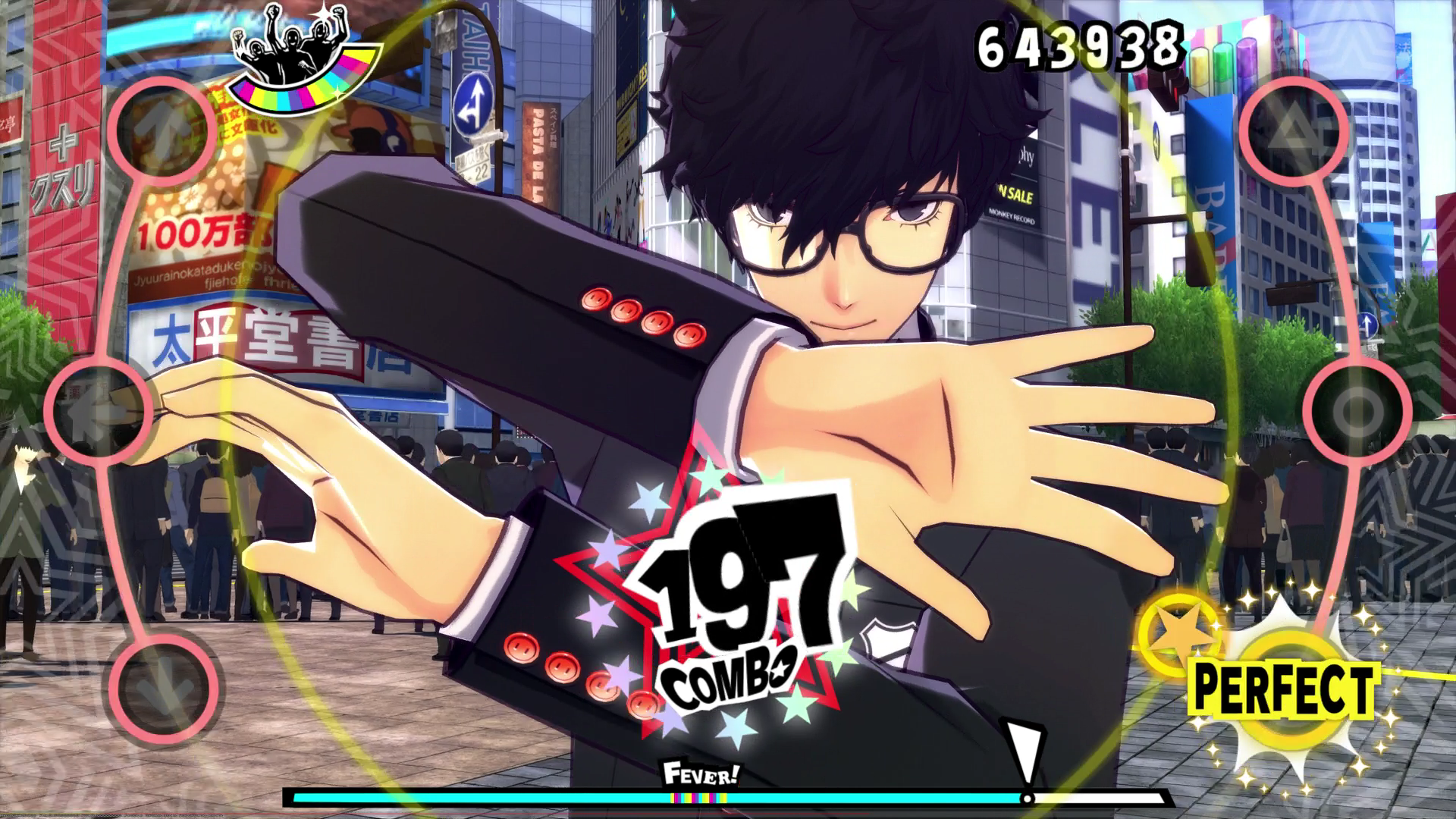 The third rhythm-based dancing spin-off, Persona 5: Dancing in Starlight, sees Caroline and Justine challenge the Phantom Thieves to a dance-off in the Velvet Room, featuring dance routines to Persona 5's catchy tracks.
The third rhythm-based dancing spin-off, Persona 5: Dancing in Starlight, sees Caroline and Justine challenge the Phantom Thieves to a dance-off in the Velvet Room, featuring dance routines to Persona 5's catchy tracks.
15. Persona 5 Strikers (2020)
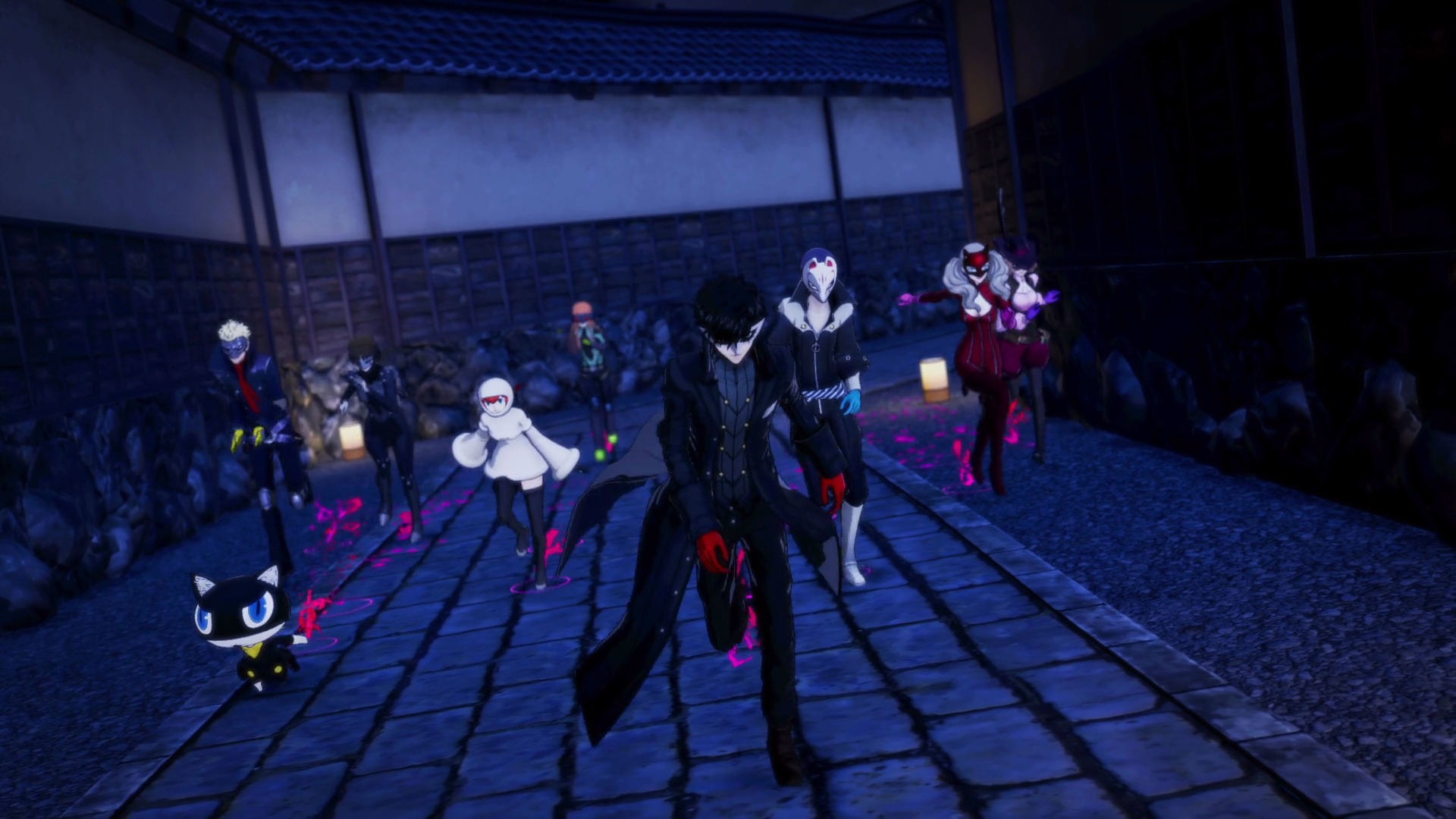 Set four months after Persona 5, Strikers reunites the Phantom Thieves on a summer vacation turned Metaverse adventure, introducing real-time combat inspired by the Dynasty Warriors series.
Set four months after Persona 5, Strikers reunites the Phantom Thieves on a summer vacation turned Metaverse adventure, introducing real-time combat inspired by the Dynasty Warriors series.
Read our review of Persona 5 Strikers.
Every Persona Game and Spin-Off in Release Order
- Revelations: Persona (1996)
- Persona 2: Innocent Sin (1999)
- Persona 2: Eternal Punishment (2000)
- Persona 3 (2006)
- Persona 3 FES (2007)
- Persona 4 (2008)
- Persona 3 Portable (2009)
- Persona 4 Arena (2012)
- Persona 4 Golden (2012)
- Persona 4 Arena Ultimax (2013)
- Persona Q: Shadow of the Labyrinth (2014)
- Persona 4: Dancing All Night (2015)
- Persona 5 (2016)
- Persona 3: Dancing in the Moonlight (2018)
- Persona 5: Dancing in the Starlight (2018)
- Persona Q2: New Cinema Labyrinth (2018)
- Persona 5 Royal (2019)
- Persona 5 Strikers (2020)
- Persona 5 Tactica (2023)
- Persona 3 Reload (2024)
What's Next for Persona?
In 2024, fans were treated to two new releases: Persona 3 Reload and Metaphor: ReFantazio, a new RPG from Atlus's Studio Zero. Following Metaphor's success, Sega has expressed interest in further investing in Atlus and the Persona IP.The next anticipated Persona project is the free-to-play mobile game, Persona 5: The Phantom X, released in China, Taiwan, Hong Kong, Macau, and Korea in 2024, with a Japanese release following a closed beta sign-up in October. A global release is expected, though details are pending. The Phantom X features an original story within the Persona 5 universe, introducing new characters as Phantom Thieves.
Persona 6, the next mainline RPG, is highly anticipated, though Atlus has not officially confirmed its development.



